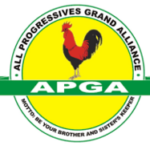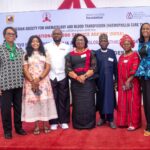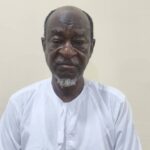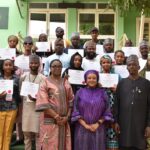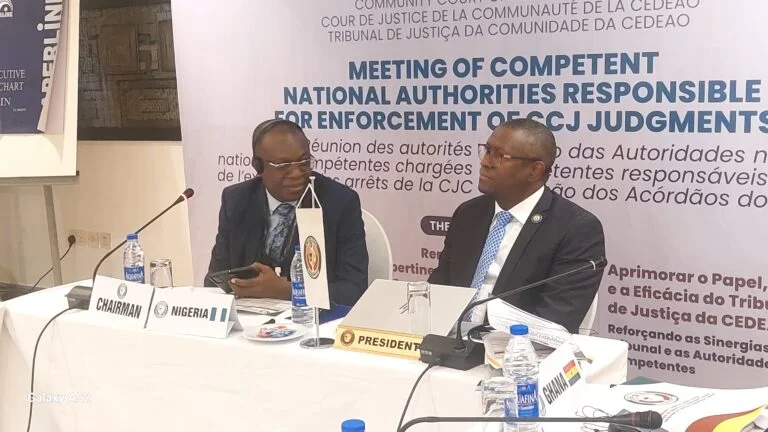By Taiye Olayemi
The ECOWAS Court has called for stronger commitment from Member States toward enforcing the Court’s judgments.
The ECOWAS Court President, Justice Ricardo Gonçalves, made the call on Monday at the opening of the inaugural meeting of Competent National Authorities (CNAs) responsible for the enforcement of CCJ judgments in Lagos.
The meeting is with the theme: “Enhancing the Role, Relevance, and Effectiveness of the ECOWAS Court of Justice: Strengthening Synergies Between the Court and Competent National Authorities”
The president described the low compliance rate currently standing at just 22 per cent as “discouraging” and a significant threat to the Court’s effectiveness.
He urged national authorities to take immediate and coordinated action to reverse the trend.
He warned that continued non-compliance threatens the Court’s credibility and the rule of law in the region.
“It is our sincere hope that this meeting will result in actionable strategies to raise member states’ compliance with the Court’s judgments,” he said.
Gonçalves explained that the Court, established under Article 15 of the ECOWAS Revised Treaty, was initially set up as an inter-state tribunal.
He said, however, that amendments made in 2005 expanded its mandate to include cases brought by individuals, transforming it into a community court, a public service court, a human rights court, and an arbitration tribunal.
The president noted that ECOWAS member states were under legal obligation to enforce the Court’s decisions in accordance with their national civil procedure laws, as provided by the 2005 Supplementary Protocol.
“Execution of any decision of the Court shall be in the form of a writ, which is submitted by the Court’s Registrar to the designated national authority of the relevant Member State,” he explained.
According to him, in spite most member states appointing competent national authorities as required by Article 24(4) of the Protocol, actual enforcement of judgments remained low.
He disclosed that only two of the 12 active member states were yet to appoint such authorities.
Gonçalves said the meeting was convened to build a collaborative framework that would enable CNAs to share best practices, address enforcement bottlenecks, and enhance adherence to regional legal obligations.
The objectives of the meeting, he said, include increasing compliance with judgments, standardising execution procedures, building capacity for enforcement.
Others are fostering collaboration between national authorities and regional bodies such as the ECOWAS commission legal department and the ECOWAS parliament’s human rights committee.
He emphasised that enforcing the Court’s decisions would not only uphold justice, but also reinforce human rights, deter violations, and strengthen confidence in the regional legal system.
Also speaking, Dr Yaouza Ouro-Sama, Chief Registrar of the court said several factors still militate against the enforcement of the decisions of the Court.
He said such factors included failure by member states to domesticate the revised treaty and the protocol on the Court, the lack of political will and lack of implementing legislation for the enforcement of the judgments of ECCJ by national courts.
He also mentioned non-involvement of ECOWAS Political Authorities and the fact that the Court plays no role in the enforcement of its judgments.
“The ECOWAS Court of Justice has delivered a large number of enforceable judgments against Member States and Institutions of the ECOWAS Community that are yet to be complied with.
“This meeting avails the Court the opportunity to dialogue with the Competent National Authorities of Member States.
“This is by sharing ideas and deliberating on international best practices and procedures for the enforcement of the judgments of the Court, which will go a long way in improving the enforcement statistics of the Court,” he said.
The News Agency of Nigeria (NAN) reports that the ECOWAS Community Court of Justice is the principal legal organ of the Economic Community of West African States (ECOWAS), mandated to interpret and enforce regional treaties, protocols and legal instruments among Member States. (NAN)(www.nannews.ng)
Edited by Yinusa Ishola/Sadiya Hamza


